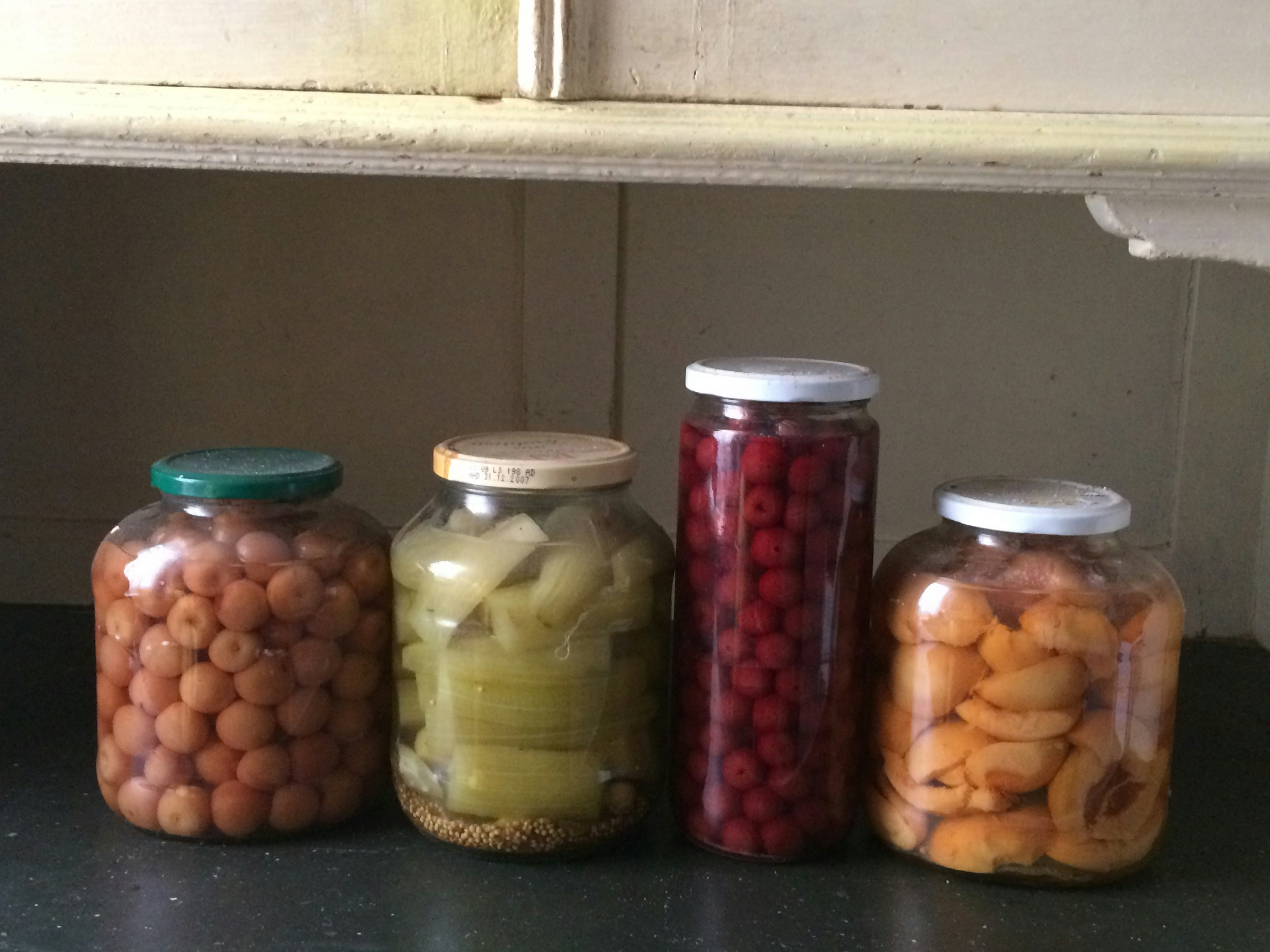Introduction
When it comes to storing fruit, one prevalent question arises: Are fruits better off in the fridge or on the counter? The method of storage can significantly impact the freshness, flavor, and longevity of your favorite fruits. In this blog post, we will explore both options and help you determine which storage method is most effective.
Storing Fruit in the Fridge
Refrigeration can be a great way to preserve certain types of fruit. Chilled temperatures help slow down the ripening process, beneficial for fruits that are sensitive to heat. Berries, for instance, often fare better in the fridge, providing a longer shelf life and maintaining their fresh taste. However, not all fruits appreciate the cold. For example, bananas and tomatoes can lose their flavor and texture when refrigerated.
Keeping Fruit in a Bowl on the Counter
Storing fruit in a bowl on the counter allows for quicker access and can encourage healthier snacking. Fruits like apples, oranges, and pears thrive in a room-temperature environment and can benefit from the natural ethylene gas they release, which helps speed up the ripening of nearby fruits. However, it’s essential to monitor their freshness, as counter storage can lead to faster spoilage if not managed properly.
In conclusion, the choice between refrigeration and countertop storage depends on the type of fruit and your priorities regarding freshness and flavor. By understanding the specific needs of each fruit, you can ensure that your harvest remains delicious for as long as possible.


Leave a Reply